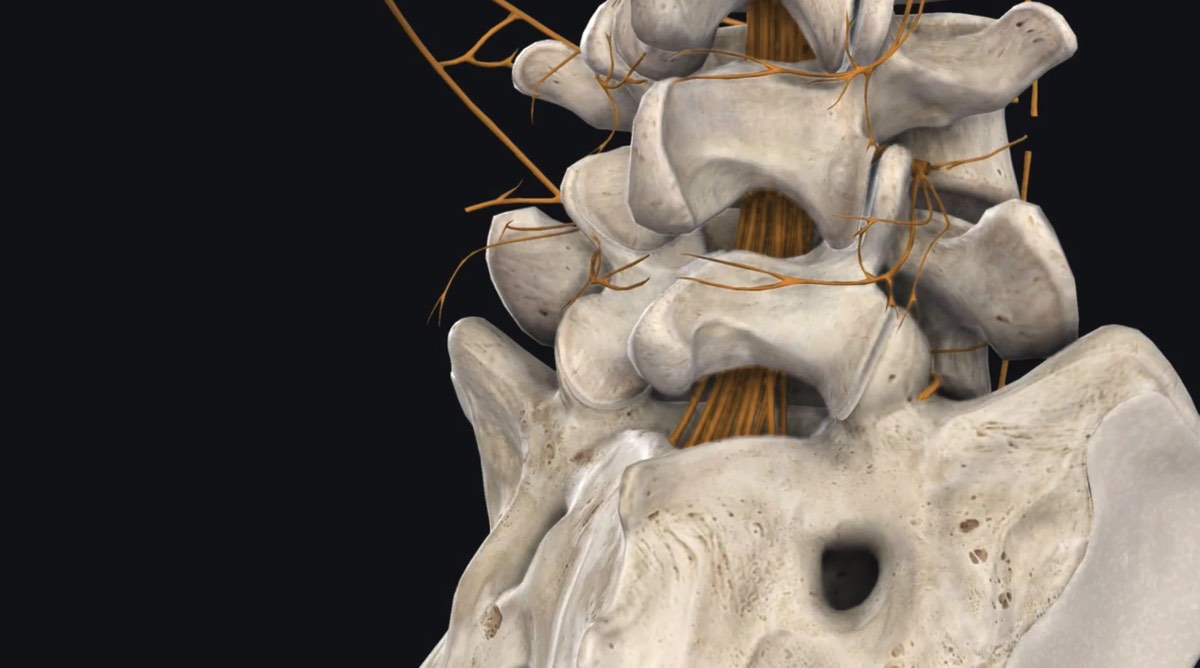NEW YORK (Reuters Health) – For carefully selected patients with stage II to IVa laryngeal cancer, platinum-based chemotherapy may be sufficient to provide pathological complete response, results of a phase II trial indicate. For patients with a partial response following induction chemotherapy, the investigators report, conservative surgery is likely to provide a high rate of laryngeal preservation.
Despite these favorable outcomes, Dr. Fadlo R. Khuri and co-authors caution in their report, published online on March 16 by the Journal of Clinical Oncology, that “further multi-institutional phase III validation is required before such an approach is widely used.”
Their prospective study included 31 treatment-naive patients with laryngeal squamous cell carcinoma. They underwent multidisciplinary evaluation and endoscopic staging to ensure they were appropriate candidates for the study — i.e., T2-4, N0-1, M0, glottic or supraglottic tumor that was surgically resectable via conservation laryngeal surgery.
Patients were treated with 3 or 4 cycles of paclitaxel, ifosfamide, and cisplatin (TIP) chemotherapy. Eleven patients achieved a clinical, radiographic, and pathologic complete response and were given an additional 2 or 3 cycles of TIP and no other treatment. Ten remain alive and recurrence-free after median follow-up of 64 months, Dr. Khuri, from the Emory University Winship Cancer Institute in Atlanta, and his associates report.
The 19 patients who achieved partial responses underwent function-preserving surgery. The overall laryngeal preservation rate at 2 years, with native speech and swallowing, was 83%.
Although 6 patients required postoperative radiation therapy, none required a gastrostomy tube or tracheotomy.
Overall survival rates at 2 and 5 years were 97% and 83%, respectively. Corresponding recurrence-free survival rates were 77% and 73%.
The research team agrees with Dr. Arlene A. Forastiere at Johns Hopkins University in Baltimore, and Dr. Ashock R. Shaha at Memorial Sloan-Kettering Cancer Center in New York, who write in a related editorial: “This approach should be considered only in highly selected patients on a protocol basis in institutions in which truly multidisciplinary teams are available, and intensive follow-up with appropriate investigation is possible.”
Reference:
J Clin Oncol 2009;27.
Sponsored by The Doctor’s Channel









